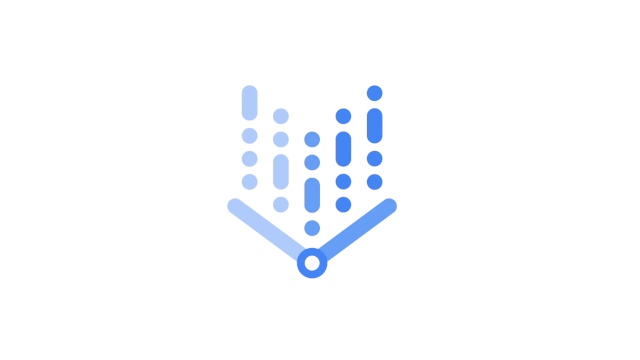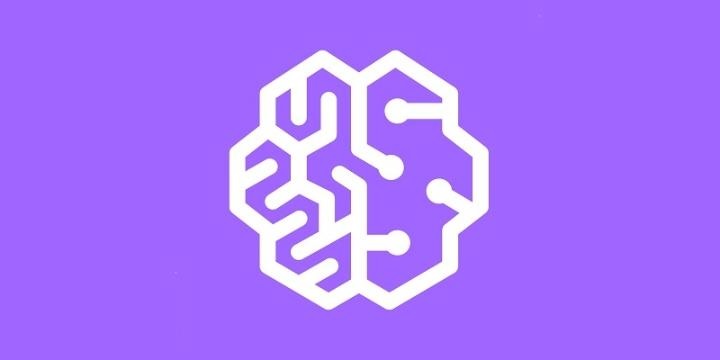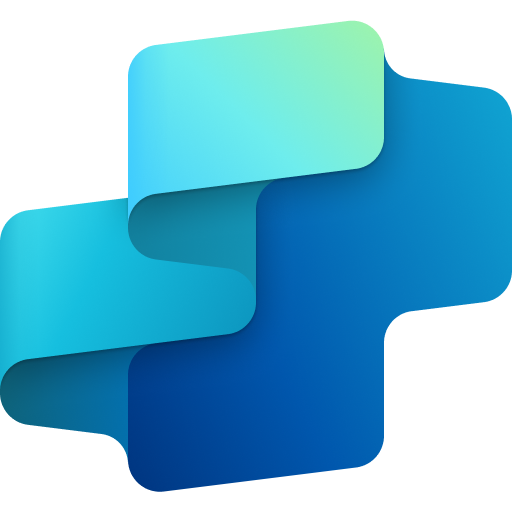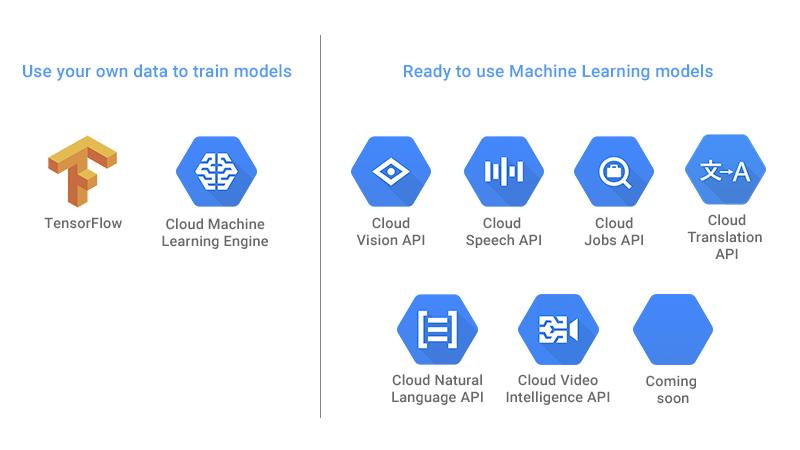Step-by-Step Guide for Google Vertex AI
- Open your browser and navigate to the Google Cloud Console:
https://console.cloud.google.com/vertex-ai.
Log in using your Google Cloud account credentials. - Enable Vertex AI API:
- Once logged in, if this is your first time using Vertex AI, you may need to enable the Vertex AI API.
- Go to the API & Services dashboard and search for Vertex AI. Enable it for your project.
- Create a New Project:
- In the Google Cloud Console, click the Project Selector (next to the Google Cloud logo at the top).
- Click on New Project, provide a project name, organization (if needed), and a billing account. Click Create to initialize your project.
- Access Vertex AI:
- After creating the project, in the left-hand menu, click on AI & Machine Learning and select Vertex AI from the dropdown.
- Create a New Vertex AI Model:
- In the Vertex AI dashboard, click Create New to start building a model.
- Select AutoML or Custom Training based on your needs:
- AutoML: For beginners, choose AutoML to let Google automatically train and optimize your model.
- Custom Training: If you have your own custom models or datasets, you can choose this option for more advanced use cases.
- Import Your Data:
- Select Dataset from the Vertex AI menu. Click on Create Dataset.
- Choose your data type (e.g., Tabular, Image, Text, or Video) and upload your dataset from your local machine or use data stored in Google Cloud Storage.
- Train Your Model:
- After your data is uploaded, click on Train New Model. Choose a training method (AutoML or custom model training).
- Define the target (what you’re trying to predict), configure the training options, and start the training process.
- Deploy Your Model:
- Once the model is trained, go to the Models section in the Vertex AI dashboard.
- Click Deploy and specify the compute resources for serving your model (e.g., instance type and region).
- After deployment, Vertex AI will provide you with an endpoint for making predictions.
- Make Predictions:
- After deployment, you can test your model by making real-time predictions from the Prediction tab.
- Alternatively, you can use the provided REST API endpoint to integrate Vertex AI predictions into your application.
Additional Resources for Google Vertex AI:
- Google Vertex AI Documentation:
https://cloud.google.com/vertex-ai/docs - Google Cloud Console (Vertex AI):
https://console.cloud.google.com/vertex-ai - Getting Started with AutoML:
https://cloud.google.com/vertex-ai/docs/start/automl-users
Custom Model Training:
https://cloud.google.com/vertex-ai/docs/training




